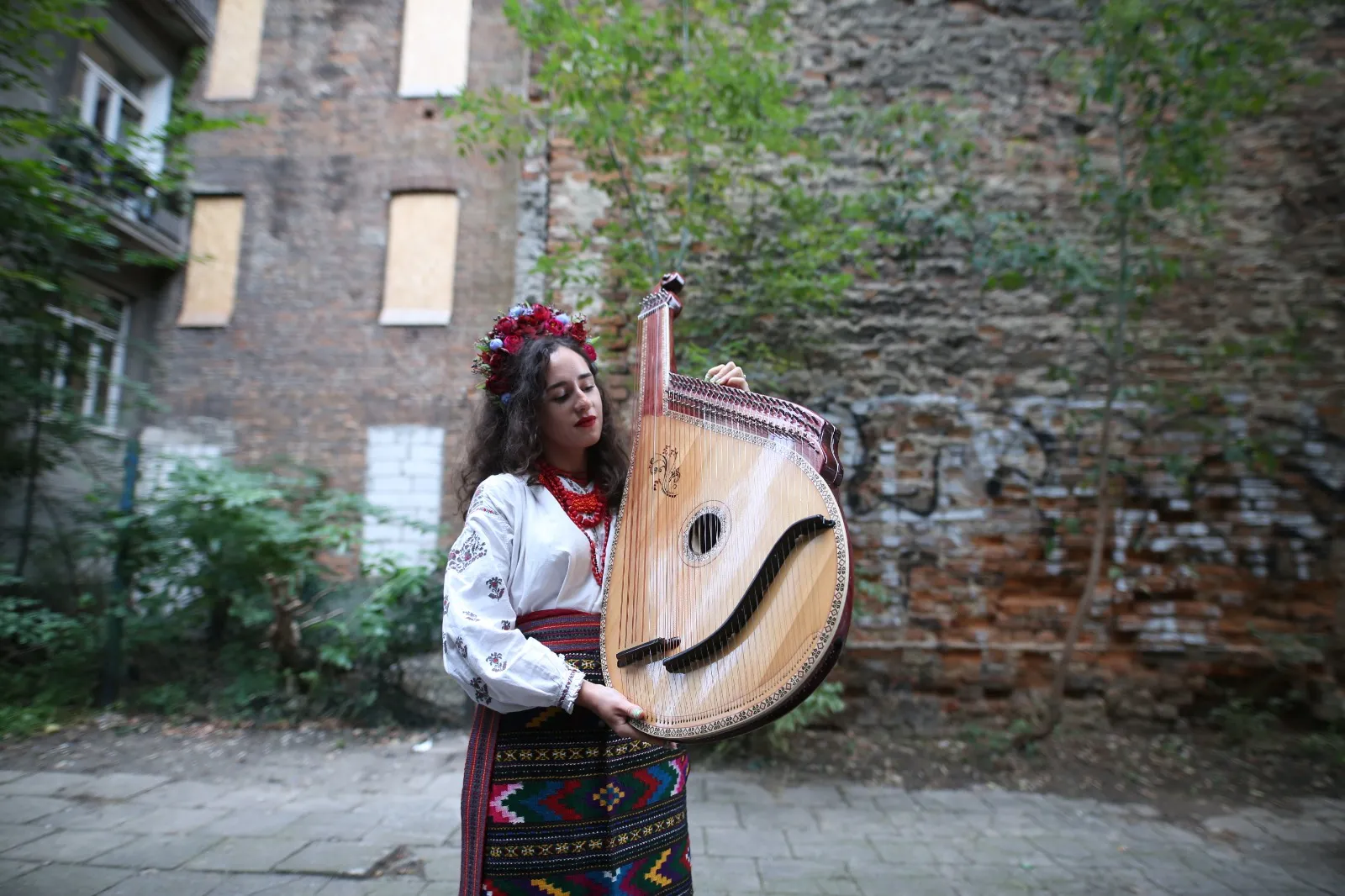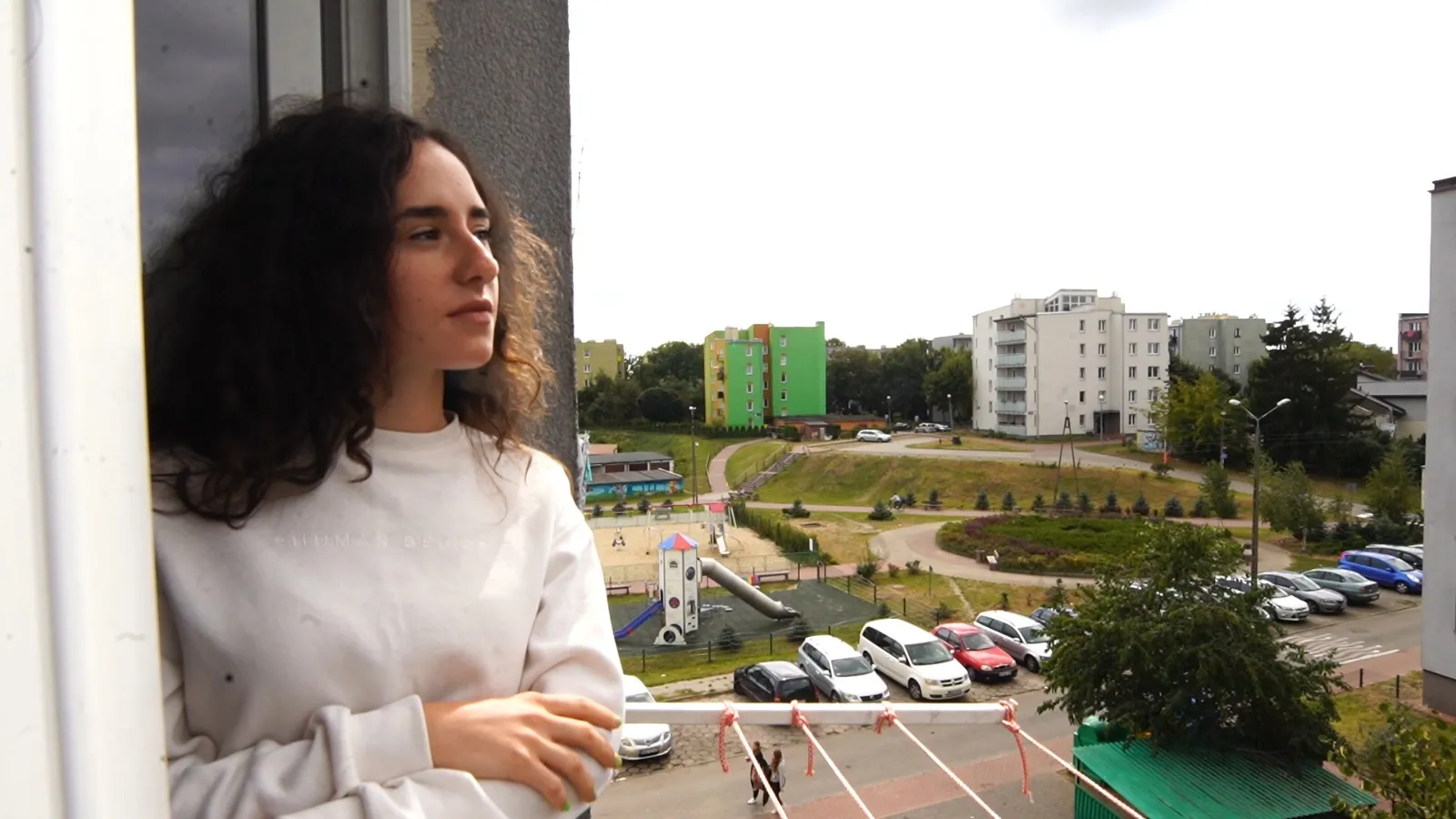“We moved here because the war broke out,” says Diana, 22. “A lot of people died in the front line as well as my mother’s friend. When he was brought home dead, my mom was very upset about it. We started to worry, and she decided to move to Poland. A bit later I followed my mom and moved as well.”
History records the first bandura players, Ukrainian court musicians in Poland, appearing in the 15th century. However, in Ukraine the use of lute-like stringed instruments dates to 591. In the Middle Ages a group of Ukrainian professional musicians began to emerge, similar to the troubadours of France, and their songs were typically Homeric epics depicting historical events.
In the 20th Century there was renewed interest in bandura playing amongst Ukrainians, as new ensembles formed, conservatory courses were offered, and the instruments began to be mass produced.
Because the bandura was such a symbol of Ukrainian culture, musicians were persecuted by conquering powers, most recently by the Soviets. “In the 1930s all the bandura musicians were collected to a musical festival; they were all invited,” Diana says. “The idea was to collect them all in one place and execute. They were killed on the way to the festival.”


